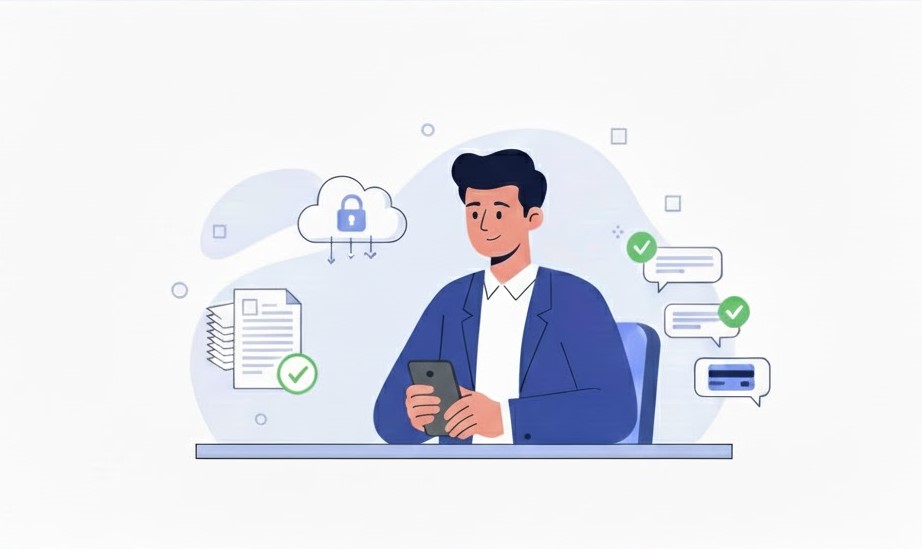How to Read your Customer’s mind
September 4, 2018
.Customer Experience

When you read that title, you might think, “Should that even be a question for an entrepreneur?” The answer to that - sadly - is
yes
.
You’d be surprised to see how many entrepreneurs today are oblivious to their customers’ desires - only because they either ask the wrong questions, they forget to ask, or they purposely don’t even raise the question in the first place, relying a little too heavily on their sales force. It is no wonder that Jaynie L. Smith, co-author of
Relevant Selling
and CEO of Smart Advantage, considers this degree of customer scrutiny a “lost discipline”. She says, “Too few companies are doing this, and they’re leaving profits on the table every day.”
If you want to run your own business, you need to know how to read your customers’ minds - you need to be two steps ahead of them so that you can cater to their every need before they even raise their voice. This sounds hard, and it requires a lot of training - but it is not impossible. Here is how:
When encountering a customer, you need to step outside your own bubble of understanding. Look beyond your business understanding and expertise, and put yourself in your customer’s place. What would you be feeling if you had a problem? What kind of solution would you want - something quick, or something in-depth and well planned?
The answers to these questions will vary - but without a doubt, you will be able to predict your customers’ queries before they even ask. Try to envision different scenarios for your customers, and predict ways they could respond and interact. More importantly, think of loopholes, and map their solutions before your customers have to face them.
Loyalty programs like the kind that Oscar POS provide measures how much a customer has interacted with you in the form of “points”. You can use these points to your advantage - and make accurate predictions for your next launch.
In the business world, you need to listen with your third ear - know what your customers truly want without them even knowing that they need it. After all, your customer is always right.
About the author
Kiran Khan





